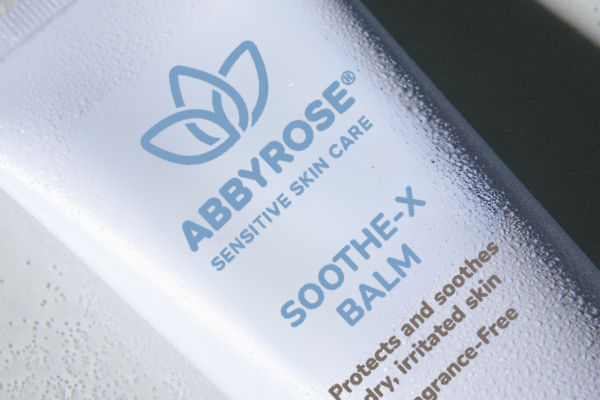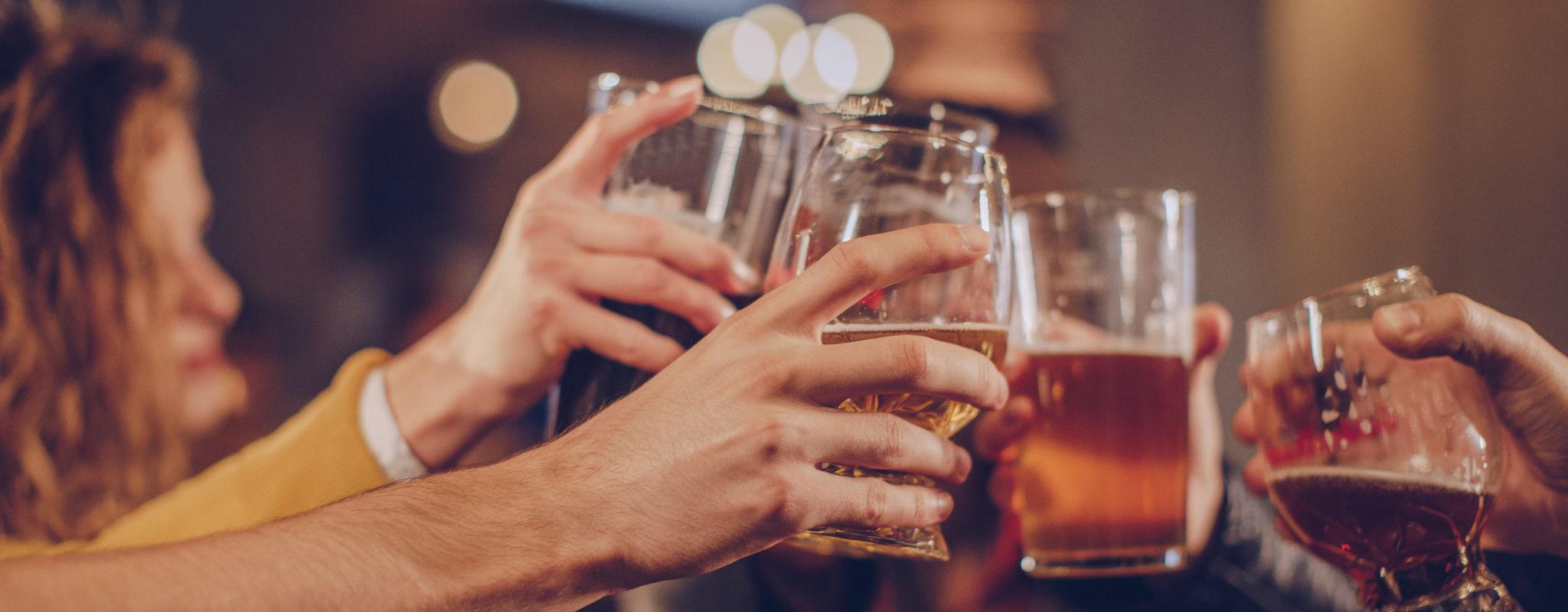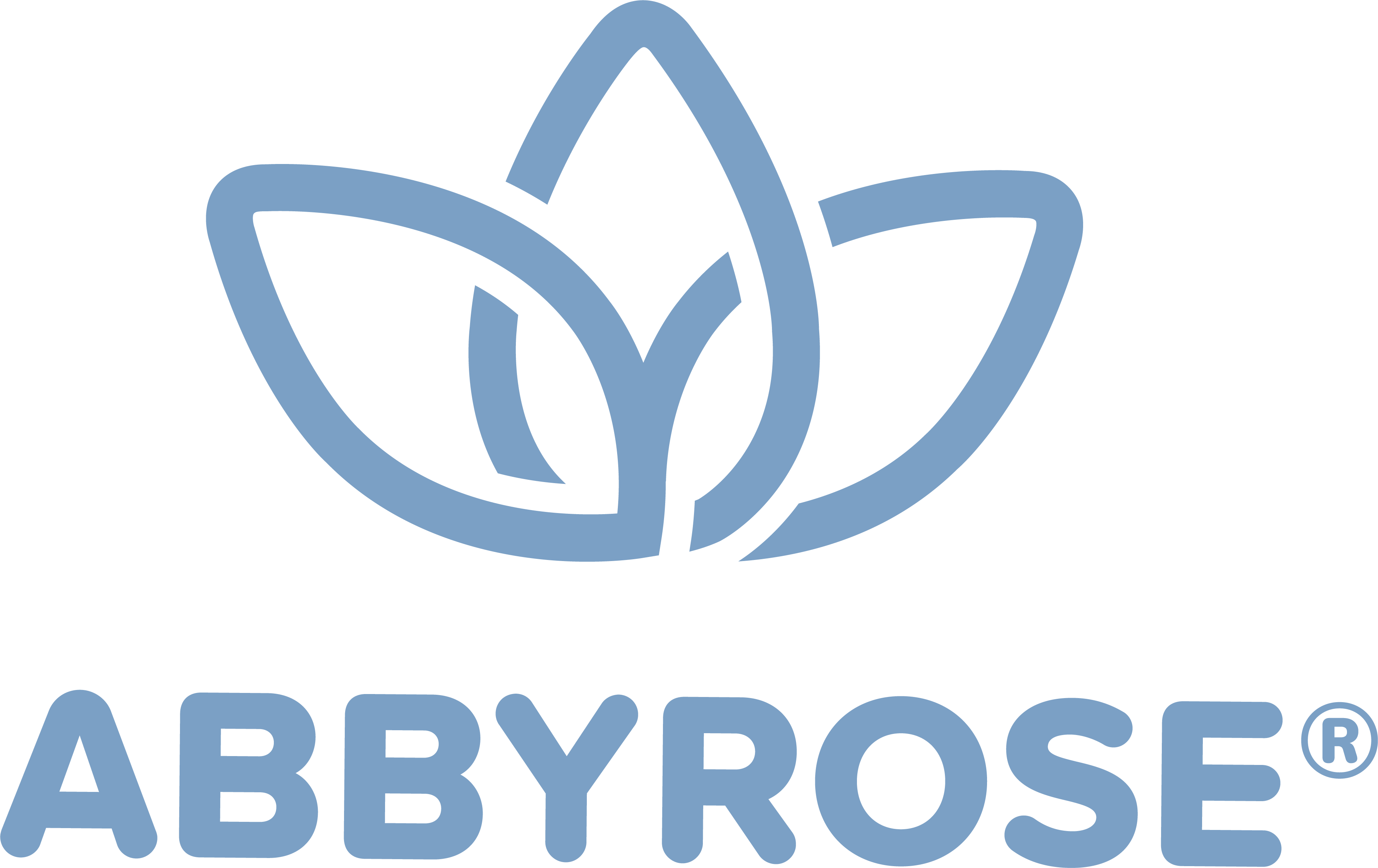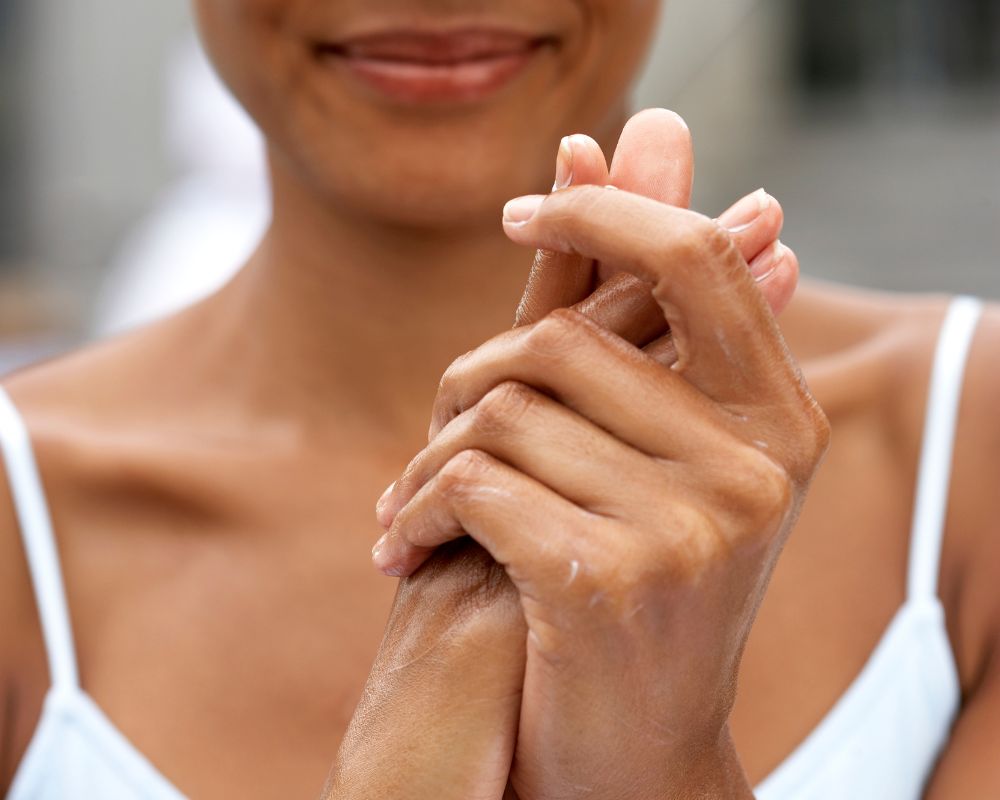In our fast-paced lives, socializing often involves the consumption of alcohol. While the occasional toast may not raise alarms, it's essential to be mindful of how alcohol consumption can impact various aspects of our health, including the largest organ of our body—the skin. In this blog, we'll explore the effects of alcohol on your skin and ways to maintain a healthy balance.
Effects of Alcohol on Skin and Ways to Counteract it
Dehydrated Skin
One of the most noticeable effects of alcohol on the skin is dehydration. As a diuretic, alcohol increases urine production, leading to fluid loss. Dehydrated skin can appear dull, flaky, and may lose its natural glow. To counteract this, it's crucial to stay hydrated by drinking water alongside alcoholic beverages and using oil-based moisturizers to lock in moisture.
Inflammation and Redness
Alcohol has the potential to trigger inflammation, resulting in redness and irritation. Individuals with conditions like rosacea may find that alcohol exacerbates their symptoms. Conditions like psoriasis and eczema may worsen with alcohol consumption. Decreasing your alcohol consumption or opting for alternatives like water with lemon or a favorite mocktail recipe can reduce inflammation, leading to a calmer and less irritated skin. Also, opt for skincare products with anti-inflammatory ingredients, such as Calendula or Cardiospermum. They are herbs that are naturally soothing to the skin.
Wrinkles and Premature Aging
Chronic alcohol consumption has been linked to premature aging. Alcohol can affect collagen production and skin elasticity, contributing to the development of wrinkles and fine lines. Moderation is key, and incorporating antioxidant-rich foods and face oils, such as Abby Rose Balancing Face Oil into your routine can help combat oxidative stress.
Visible Blood Vessels
Dilated blood vessels, or broken capillaries, can be a visible effect of alcohol consumption, especially on the face. While these changes may be temporary, reducing alcohol intake can help prevent long-term damage to blood vessels. Using sunscreen and avoiding excessive sun exposure can also prevent further damage.
Nutrient Depletion
Alcohol consumption can deplete the body of essential nutrients, including those vital for skin health. If you are struggling with a chronic skin condition, you may want to eliminate or reduce your alcohol consumption to see how your skin responds. Additionally, ensure a well-balanced diet rich in vitamins and minerals to support your skin from the inside out. Incorporating a variety of antioxidant-rich foods like berries, leafy greens, salmon, avocado, turmeric, mango, papaya, and citrus fruits into your diet can help support your body in combating oxidative stress associated with alcohol consumption.
Finding the Right Balance
In the pursuit of a vibrant and healthy lifestyle, it's crucial to be aware of how our choices, including alcohol consumption, can affect our skin. Moderation, hydration, and a mindful approach to skincare can help strike a balance between enjoying social occasions and prioritizing skin health. Remember, a little awareness goes a long way in maintaining a radiant and youthful complexion. Cheers to healthy skin!




